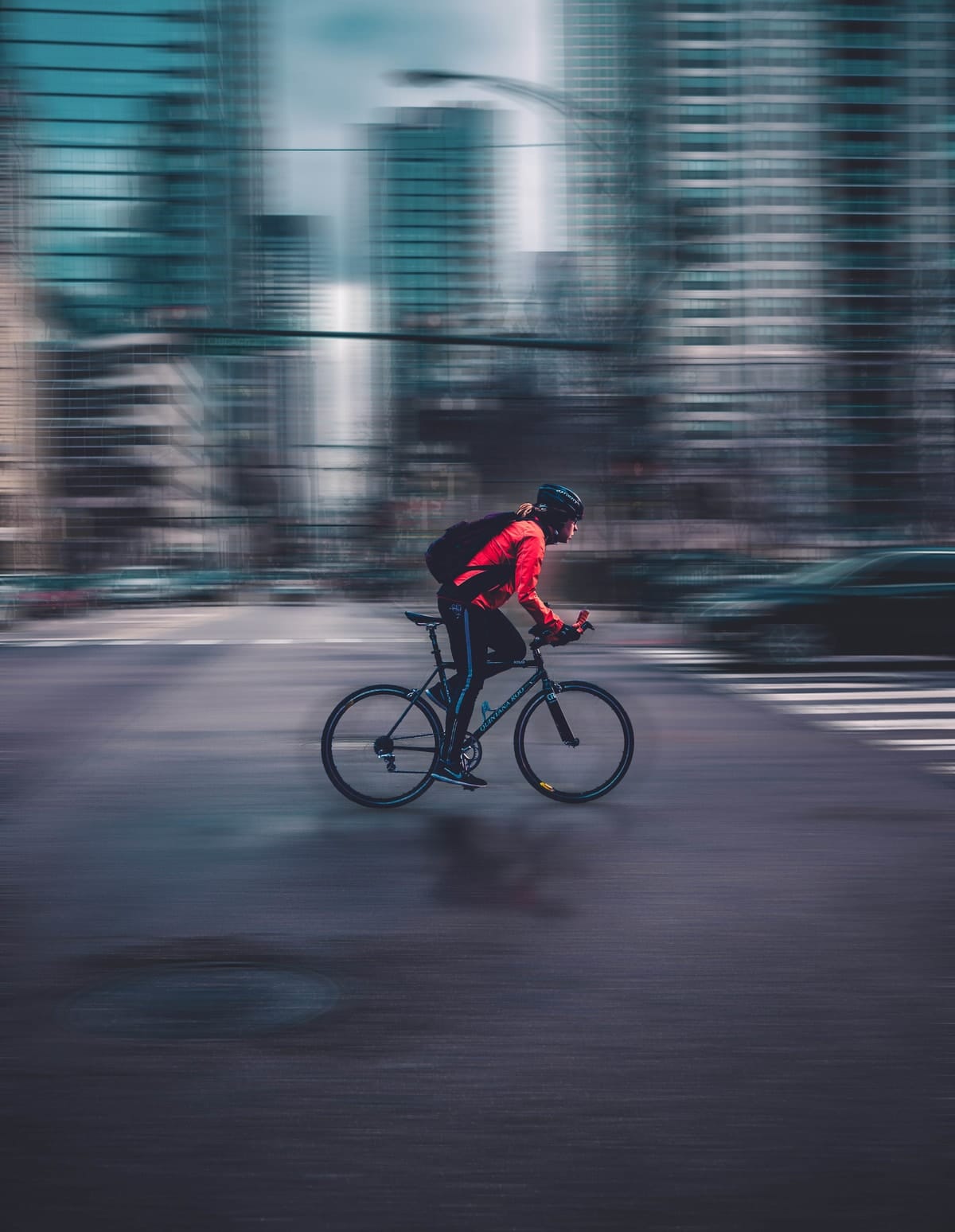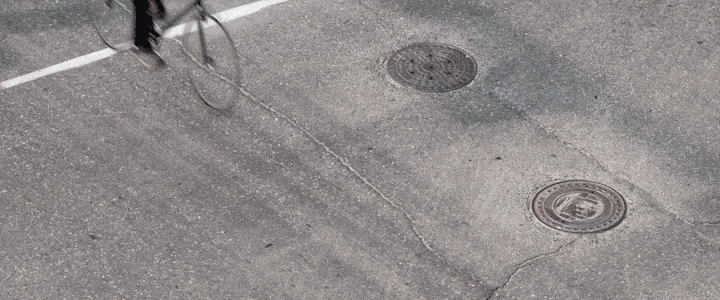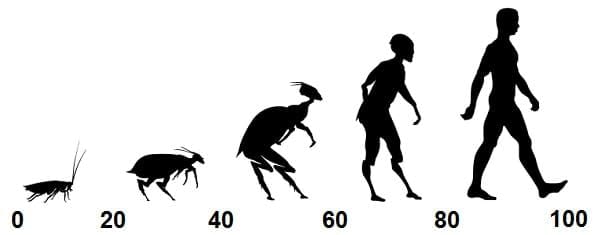
The horse grew restless upon seeing the approaching cyclist. It was December 1889, and Dr G. A. Thorne from the Melbourne Cycle Club had decided to ride his Singer Safety Bicycle from Sale to Sydney.
Not far from Bairnsdale, wrote Dr Thorne in an article published in The Australasian on 11 January, 1890: “I was amused at an old lady driving a buggy coming up a cutting … and she yelled at me to get off. I quietly did so, and took the head of her horse and led it past, she all the while blackguarding me in the most absurd manner and saying the government should not allow those things on the road.
“I told her she should learn to take charge of a horse, and left her, followed by a torrent of abuse.”
The more things change …
It appears little has changed in almost 130 years, except that the cultural clash between cyclists and other road users has become more toxic, and dangerous, with cars elevated to a status above that of all other road users.
Despite it being cyclists who first lobbied for flat roads when cars were just appearing on the horizon, it’s drivers who have assumed the roads were built for them and who now, supported by pernicious media commentary and some politicians, are leading the dehumanisation of bike riders.
It doesn’t take much searching to find cyclists variously labelled “cockroaches on wheels”, “mozzies”, “road toads” and “pedalphiles” on social media sites and newspaper comment sections.

But surely these comments, often made in jest, are simply harmless banter? In fact, these comments are part of a wider pattern of negative attitudes and behaviour.
A new study out of Monash University suggests this deconstruction of cyclists as less than human could be contributing to acts of deliberate aggression towards them on the road, like that of cyclist-hater Ben Smith.
Smith was found guilty of manslaughter in 2017 and jailed for eight years after knocking a cyclist off his bike. At his trial, the jury was told he had boasted about it and that the cyclist had “deserved it”.
Five years earlier in a Facebook post, Smith wrote that cyclists should expect “coping [sic] 2inch flybys” and abuse if they continued to use the roads.
Dehumanisation – it’s more than a feeling
Alexa Delbosc is a senior lecturer in the Institute of Transport Studies (Faculty of Civil Engineering) at Monash University, and the lead author of the study “Dehumanisation of cyclists predicts self-reported aggressive behaviour towards them”.
She says it’s the first study to explore attitudes towards a minority road-user group within the context of dehumanisation.
The examination of dehumanisation normally employs the “ascent of man” image, in which people are asked to rate where members of a particular group, normally racial or ethnic minorities, fall between an ape and modern human.
For Dr Delbosc’s study, which involved 442 Australians, an adaptation of this image was used, one that showed the stages of evolution from a cockroach to modern human.
Dr Delbosc said the evolution image was adapted for the study because of the slurs that compared cyclists to cockroaches and mosquitos.

On both the ape-human and insect-human scales, 55 per cent of non-cyclists and 30 per cent of cyclists rated bike riders as less than human.
But these results were more than just negative feelings; people who dehumanised cyclists were more likely to admit to acts of aggression towards cyclists.
Among people with dehumanising attitudes, 20 per cent admitted to using their car to deliberately block a cyclist, 14 per cent had deliberately driven their car close to a cyclist, and 13 per cent had used their car to cut off a cyclist. These rates were only 6 per cent, 3 per cent and 1 per cent among people who didn’t dehumanise cyclists.
“When you don’t think someone is ‘fully’ human, it’s easier to justify hatred or aggression towards them.”
“When you don’t think someone is ‘fully’ human, it’s easier to justify hatred or aggression towards them,” Dr Delbosc said. “This can set up an escalating cycle of resentment.
“If cyclists feel dehumanised by other road users, they may be more likely to act out against motorists, feeding into a self-fulfilling prophecy that further fuels dehumanisation against them.
“Ultimately, we want to better understand this process so we can do a better job at putting a human face to people who ride bikes, so that hopefully we can help put a stop to the abuse.”
As well as Monash’s involvement, the study was conducted by researchers from Queensland University of Technology’s Accident Research and Road Safety Centre – Queensland (CARRS-Q) and the University of Melbourne.
The study’s co-author, CARRS-Q director Narelle Haworth, said the results revealed that the problem of dehumanisation on the roads wasn’t just a case of car driver versus cyclist.
“The bigger issue is that significant numbers of both groups rank cyclists as not 100 per cent human,” she said.





